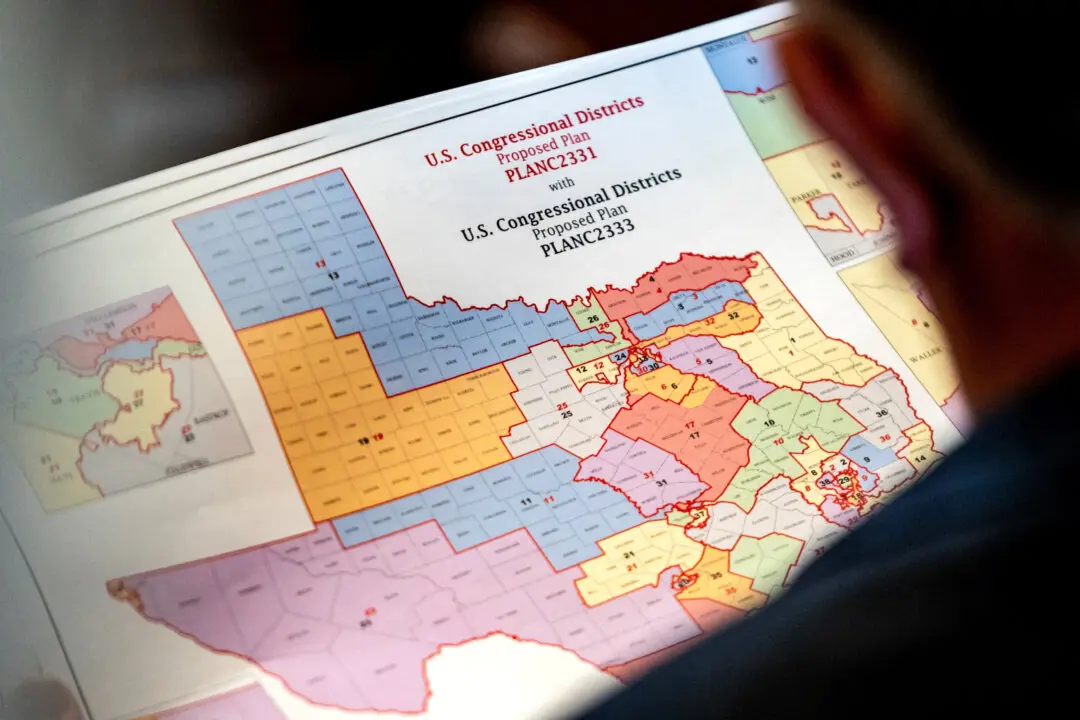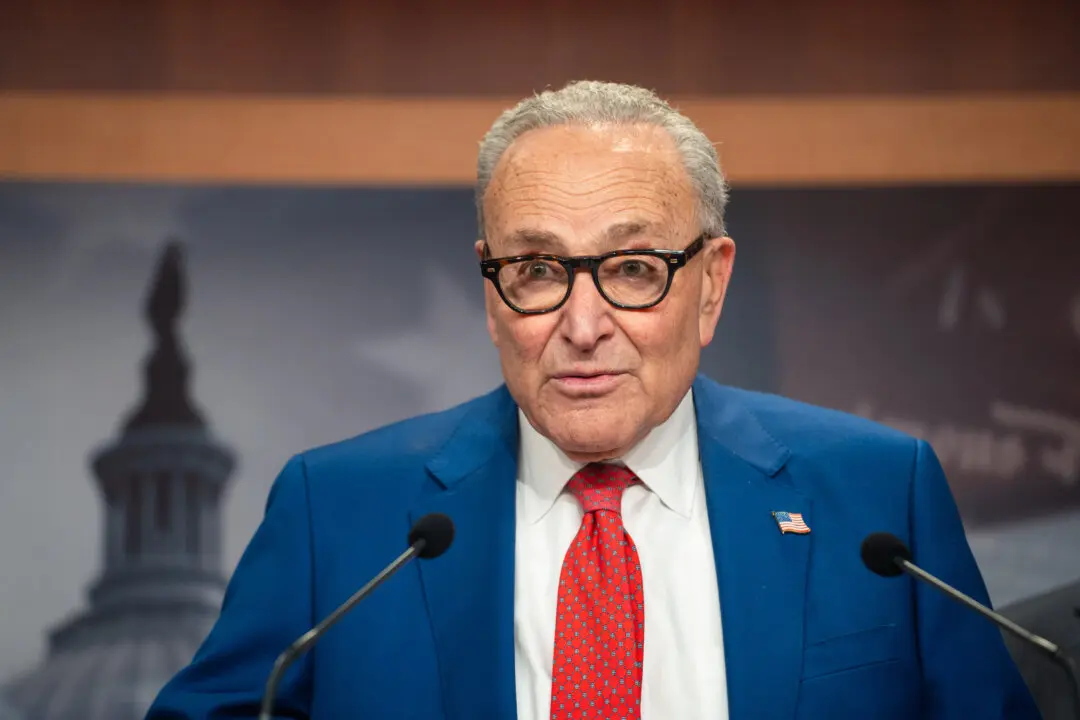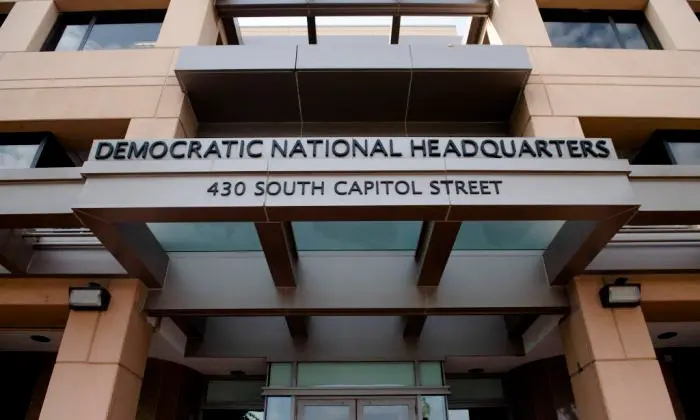An experiment with the decriminalization of hard drugs in favor of addiction treatment will come to an end later this year, as Democratic Oregon Gov. Tina Kotek signed into law a bill that recriminalizes the possession of small amounts of drugs on April 1.
The new law (pdf) rolls back Measure 110, passed by 58-percent of Oregonian voters in 2020, which was a first-in-the-nation attempt to tackle the issue of drug addiction that suffered from many implementation issues.





